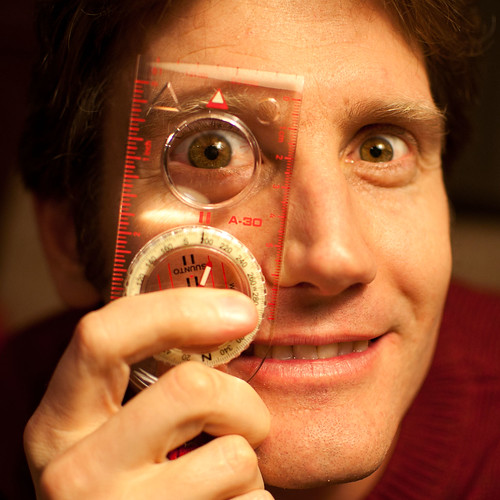MONITORING YOUR OWN PERFORMANCE
/Recently the Wall Street Journal published, Employees, Measure Yourselves: Encouraging workers to keep track of what they're doing can make them healthier and more productive by H. James Wilson. The article is a great resource of tools for individuals and suggestions for managers (e.g., support, don't demand participation). I was thrilled with the article as it promotes self-responsibility and I see responsibility as the flip side of transparency and autonomy in organizations.
The responsibility theme also came up during a great South by Southwest session: Truths of Working Smarter. The issue was the responsibility we all need to take on when we have the opportunity to make our own decisions about where and how we organize our work. Many of us are gaining new freedom at work, but it comes with responsibility.
Music to my ears as I have declared 2012 as the year that's up to us (my 2012 outlook post). There I suggest:
- Learn through commentators who provide you with good examples (I hope you see this blog and my GigaOM posts as sources).
- Give yourself permission to take time for professional development. Give your team members the same gift.
- Stop-Look-Listen, just like crossing a street, before making choices about how you do your work. This includes evaluating your choices. If you went to work in the Starbucks - were you effective? If you decided to leave your laptop at home and only take your tablet with you on a trip, did you make adjustments to your workflow so you would be productive?
- Share your approach to work design with your colleagues. Many things are more fun in a group (thus the proliferation of exercise tools that let you signal to your friends) and work is generally more effective if you're all moving in the same direction or at least understand the choices made around you.
We have new abilities to learn about our work and work styles. It is our responsibility to learn how to use this new information to do our work better. This is evidence based management applied to our own work and lives.
I'll be thinking about a post with some suggestions. The Wall Street Journal article gives us some ideas of what and how some people have learned. Have you used "auto-analytics" to improve you own work? What area do you think have the most opportunity for improvement?








